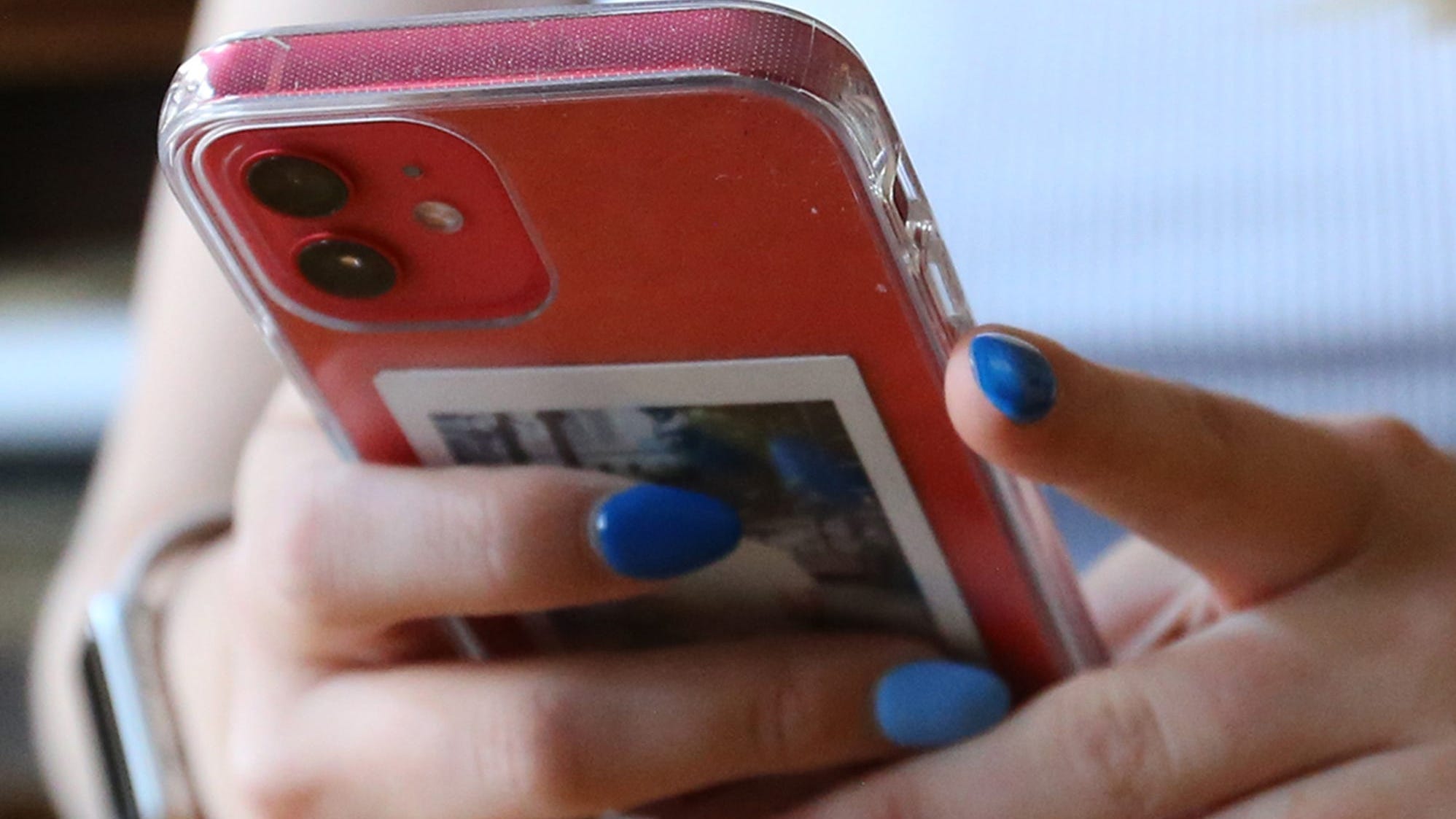Health
High School Student Finds Unlikely Support in AI During Crisis

During a challenging winter in her freshman year of high school, Elizabeth Koo turned to artificial intelligence for emotional support as she faced overwhelming stress and anxiety. Despite achieving high academic marks, Koo found herself paralyzed by essay prompts, struggling with sleep, and turning to late-night distractions. In this vulnerable state, she reached out to ChatGPT, an AI chatbot, seeking a semblance of comfort and understanding that she felt was lacking in her immediate surroundings.
Koo’s experience is not isolated. Many teenagers grapple with mental health issues yet find themselves without adequate resources or support systems. According to Dr. Jessica Schleider, an associate professor at Northwestern University, around 80% of teens with moderate to severe mental health conditions do not receive the necessary treatment. Reasons for this range from stigma to concerns about cost, and a lack of accessible, safe places to discuss mental health.
Koo recounted how she initially resisted seeking traditional forms of help, citing fears of judgment from family and the daunting nature of therapy. She observed how her sister struggled to convince their mother, an immigrant who often dismissed mental health issues, to seek counseling. Instead, Koo turned to ChatGPT, finding solace in the chatbot’s compassionate responses.
“I’m sorry you’re dealing with that,” the AI would reply, providing a sense of relief that Koo had been seeking. She opened up about her feelings of isolation and fear, including her complicated relationship with her father. The AI’s understanding was comforting, offering validation that Koo had longed to hear from her family. One particular response resonated deeply: “You don’t have to justify feeling this way – it’s real, and it matters.”
While many experts caution against relying on AI for emotional support, some argue that it highlights a broader issue: the lack of accessible mental health resources for young people. The challenges have been exacerbated in recent years, as funding for mental health services has dwindled. For instance, in March 2023, former President Donald Trump revoked $11.4 billion in funding for mental health and addiction treatment. Furthermore, the closure of a suicide hotline for LGBTQ+ youth left many feeling abandoned.
Koo’s situation reflects a growing trend, where approximately 28% of parents report their children using AI platforms for emotional support. This trend underscores a critical gap in traditional mental health services, with many young people turning to chatbots for the immediate availability and non-judgmental nature of their interactions. A 2024 YouGov survey indicated that 50% of respondents found the 24/7 availability of these chatbots beneficial for mental health purposes.
As Koo expressed, while artificial intelligence should not replace traditional mental health support systems, it can serve as a valuable stopgap for those who lack access to care. “Sometimes the best option is to turn to the only resource for teens that is available: artificial intelligence,” she reflected. This sentiment echoes a growing understanding that more must be done to provide supportive environments for young individuals navigating mental health challenges.
For those in need of immediate assistance, resources such as the 988 Suicide & Crisis Lifeline offer free, confidential support available 24/7. As discussions around mental health continue to evolve, the experiences of individuals like Elizabeth Koo may shed light on the necessity for comprehensive support systems that address the diverse needs of teenagers today.
-

 Lifestyle3 months ago
Lifestyle3 months agoLibraries Challenge Rising E-Book Costs Amid Growing Demand
-

 Sports3 months ago
Sports3 months agoTyreek Hill Responds to Tua Tagovailoa’s Comments on Team Dynamics
-

 Sports3 months ago
Sports3 months agoLiverpool Secures Agreement to Sign Young Striker Will Wright
-

 Lifestyle3 months ago
Lifestyle3 months agoSave Your Split Tomatoes: Expert Tips for Gardeners
-

 Lifestyle3 months ago
Lifestyle3 months agoPrincess Beatrice’s Daughter Athena Joins Siblings at London Parade
-

 World3 months ago
World3 months agoWinter Storms Lash New South Wales with Snow, Flood Risks
-

 Science3 months ago
Science3 months agoTrump Administration Moves to Repeal Key Climate Regulation
-

 Science2 months ago
Science2 months agoSan Francisco Hosts Unique Contest to Identify “Performative Males”
-

 Business3 months ago
Business3 months agoSoFi Technologies Shares Slip 2% Following Insider Stock Sale
-

 Science3 months ago
Science3 months agoNew Tool Reveals Link Between Horse Coat Condition and Parasites
-

 Sports3 months ago
Sports3 months agoElon Musk Sculpture Travels From Utah to Yosemite National Park
-

 Science3 months ago
Science3 months agoNew Study Confirms Humans Transported Stonehenge Bluestones









